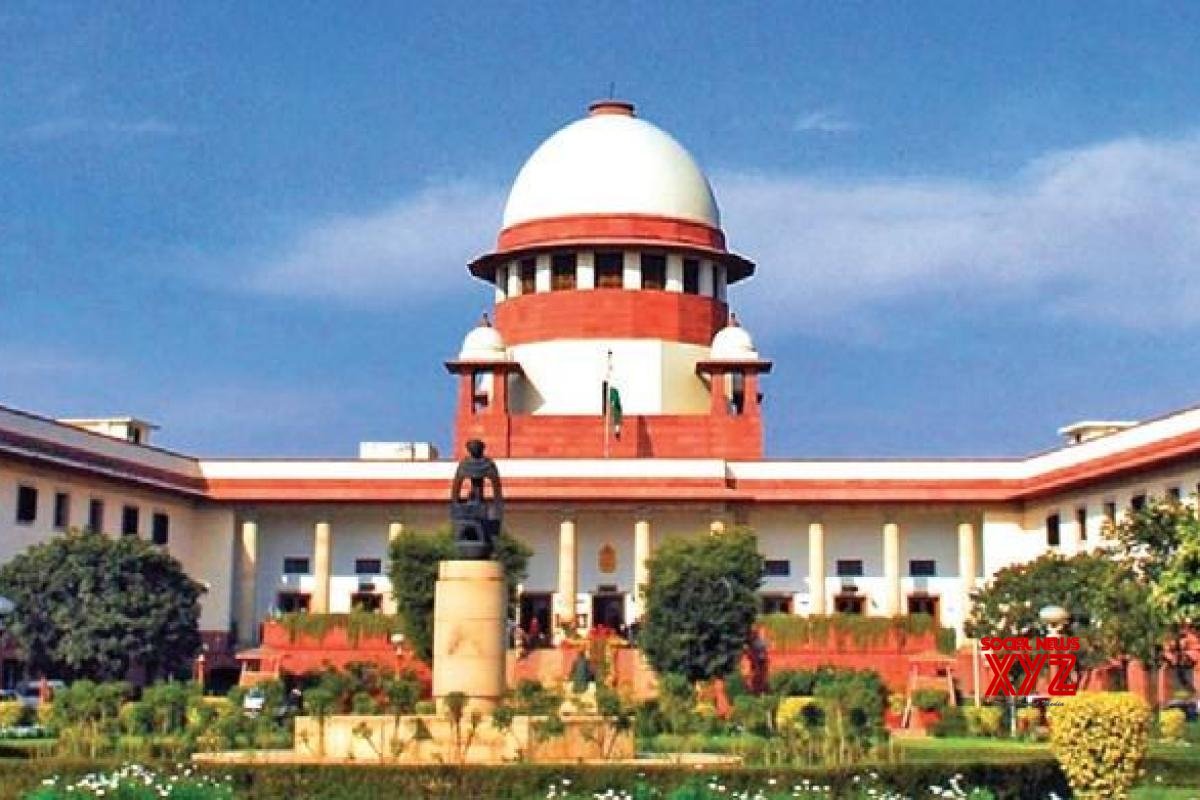In a landmark order which could have far reaching consequences and implications on sex workers lives and dignity, the Supreme Court had recently ordered and directed that the police must take it seriously and act in accordance with law, and the sex workers have to be treated with dignity and not to be treated as criminals.
The Supreme Court’s three-judge bench, headed by Justice L Nageswara Rao, and also comprising Justices B R Gavai and A S Bopanna passed the order on May 19, as it took a Suo Motu Cognizance (SMC) of a formal criminal complaint registered in connection with a sex worker in Kolkata, Eastern part of India, in 2011.
Advertisement
Senior lawyer, Anand Grover, connected to the case and representing one of the parties in the case, Durbar Mahila Samanwaya Committee, said that is a good order by the Supreme Court. For the first time, the SC had passed such a very order involving sex workers.
“The order of the Supreme Court sends a very good message among the sex workers fraternity, as a whole. Now the sex workers have to be treated with dignity and not to be treated as criminals and non-citizens,” Grover said.
When the issue was taken by the Supreme Court as SMC in 2011, and subsequently, the SC had formed a Committe to look into to the entire issue and passed the order on May 19, 2022, after thoroughly going through the reccomendations of the Panel, constituted with Pradip Ghosh as the Chairman, Jayant Bhushan, Senior counsel for Usha Multipurpose Co-operative Society, Central government and other respective parties.
The Committee made a series of recommendations, including the following ones, to the Supreme Court and some of the suggestions are as follows.
(1) Prevention of trafficking,
(2) Rehabilitation of sex workers who wish to leave sex work, and (3) Conditions conducive for sex workers who wish to continue working as sex workers with dignity.
The Supreme Court also gave a go ahead to most of these reccomendations.
The Supreme Court has said the Centre and States must involve sex workers or their representatives to reform laws.
“A child of a sex worker should not be separated from the mother merely on the ground that she is in the sex trade, the court held. “Basic protection of human decency and dignity extends to sex workers and their children,” the court noted.
Further, the Supreme Court said that if a minor is found living in a brothel or with sex workers, it should not be presumed that the child was trafficked.
“In case the sex worker claims that he/she is her son/daughter, tests can be done to determine if the claim is correct and if so, the minor should not be forcibly separated,” the court ordered.
The court ordered the police to not discriminate against sex workers who lodge a criminal complaint, especially if the offence committed against them is of a sexual nature. Sex workers who are victims of sexual assault should be provided every facility including immediate medico-legal care.
“It has been noticed that the attitude of the police to sex workers is often brutal and violent. It is as if they are a class whose rights are not recognised,” the court said, calling for sensitisation.
The court said media should take “utmost care not to reveal the identities of sex workers, during arrest, raid and rescue operations, whether as victims or accused and not to publish or telecast any photos that would result in disclosure of such identities”.
The measures taken by sex workers, like the use of condom, should not be construed by the police as evidence of their offence, the Supreme Court said.
The Supreme Court also noted that Anand Grover, brought to the notice of this Court that Aadhar Cards are not being issued to sex workers as they were unable to produce proof of their residence.
We had issued notice to UIDAI and sought its suggestions in respect of waiving the requirement of proof of residence for the sex workers, to enable them to get an identity by the issuance of Aadhar cards.
In the affidavit filed by the UIDAI, it was proposed that sex workers who are on NACO’s list and who apply for Aadhar card but cannot submit proof of residence, can be issued Aadhar Cards, the Supreme Court noted.
There should be no breach of confidentiality in the process, including assignment of any code in the Aadhar enrolment numbers that identity the applicant of the card as a sex worker, the Supreme Court said.
“Aadhar Cards shall be issued to sex workers on the basis of a proforma certificate which is issued by UIDAI and submitted by the Gazetted Officer at NACO or the Project Director of the State Aids Control Society, along with Aadhar enrolment form/application. There shall be no breach of confidentiality in the process, including assignment of any code in the Aadhar enrolment numbers that identify the card holder as a sex worker,” the Supreme Court said, in its order.









